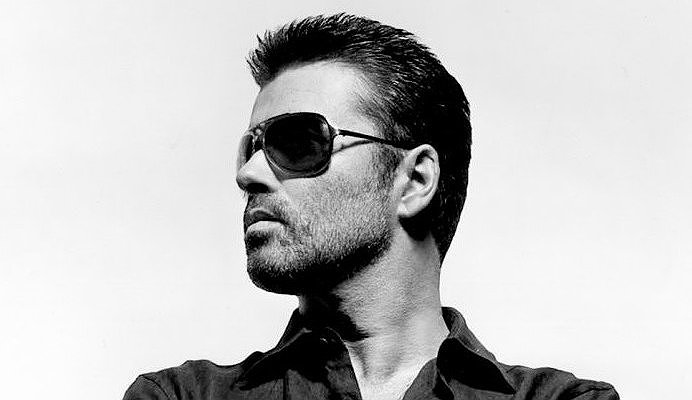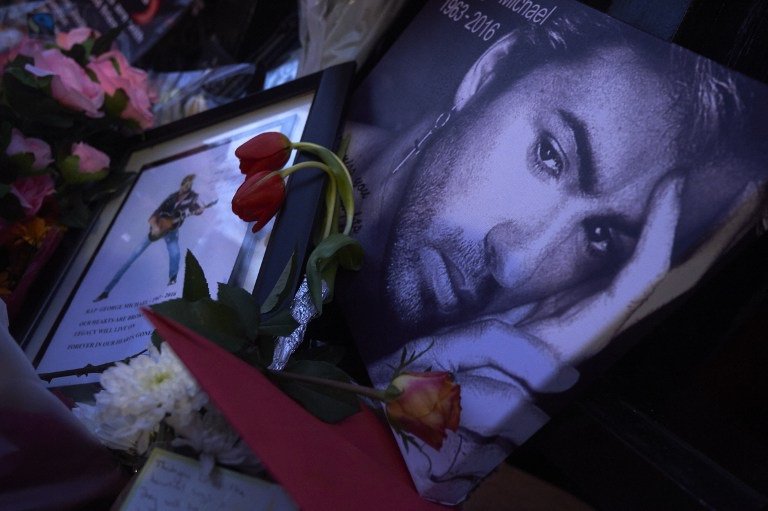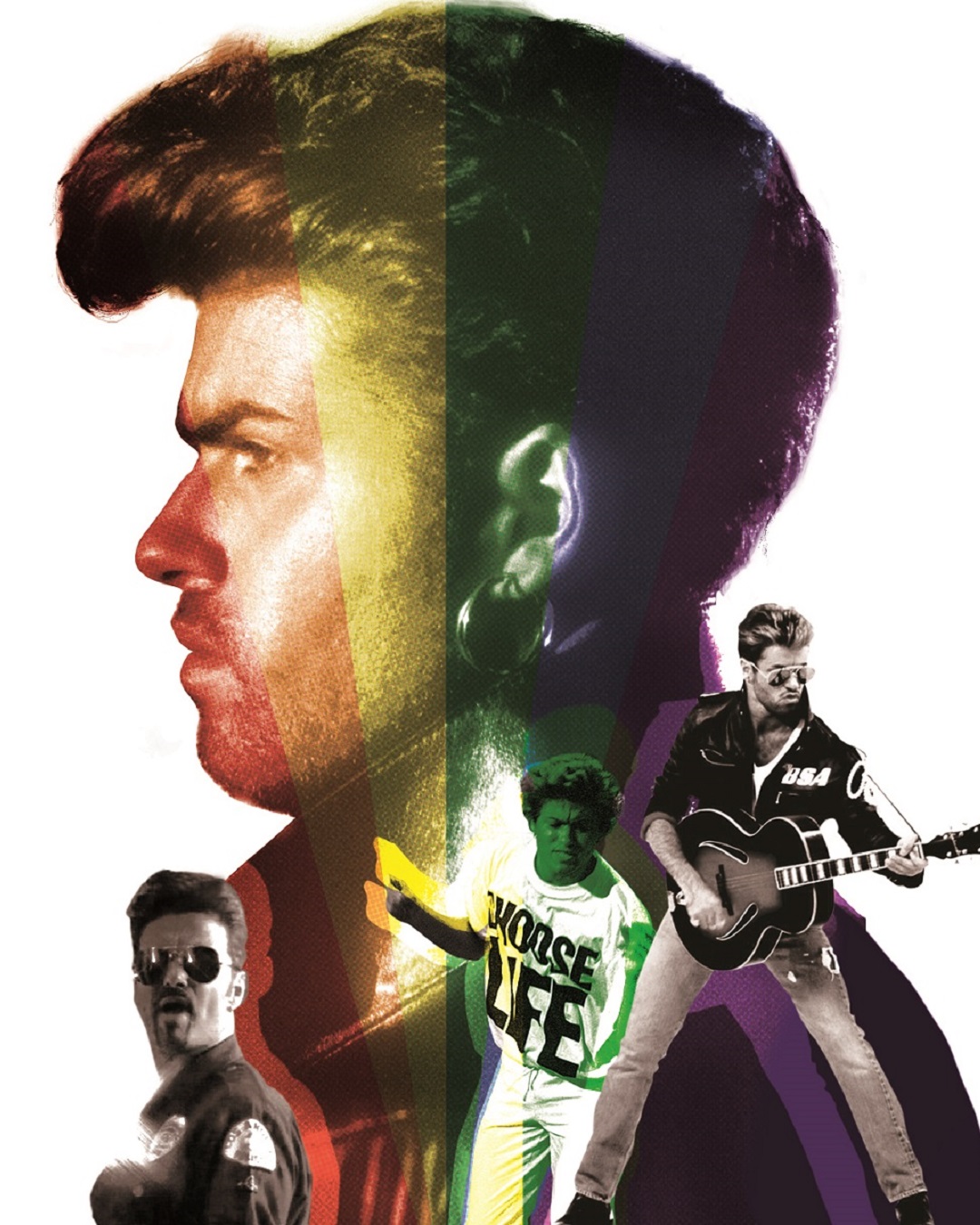‘George Michael embraced his outsider status unapologetically to the end – and we’re all better off for it’
The late George Michael stands as a different kind of gay icon, writes Cliff Joannou.
By Will Stroude

This article was first published in January 2017
Words: Cliff Joannou
The death of George Michael is harder to take than all the other losses last year. A gay man was found dead at his home after suffering heart failure. He was well-known for living an excessive lifestyle, and, despite having a long-term partner, had an open relationship and enjoyed sex with other men.
It’s no secret that he smoked marijuana and took other recreational drugs. These are facts that don’t differentiate him from many other gay men. Only this man was a famous musician – one the UK’s most successful male artists ever – and a trailblazer for young gay pop stars today.
In terms of losing music icons, 2016 was brutal. I mourned the loss of the David Bowie for his artistry, lamented the passing of Prince for his gender-fluid identity and musical legacy (the Eighties stuff, mostly), and even had a moment of reflection for Leonard Cohen’s darkly poetic soul.

Yet it is the death of George Michael that resonated with me most. I connected with him on so many levels. My older sister was a huge fan; I experienced his early music through her. His father was Greek Cypriot. Snap! I also grew up the son of Greek Cypriot immigrants and had the weight of cultural expectation to work through.
Years later, fate would have it I even ended up on an internship working in the press office at Virgin Records after he released Older, his third solo album. It’s little wonder I related to George’s story above Bowie, Prince and the other dearly departed.
Then there was the “gay” thing. It’s easy to dismiss the importance of George’s coming out two decades ago in the context of today’s more open-minded entertainment industry. Imagine Justin Bieber being busted cruising for cock in an LA toilet [insert happy face!] and magnify that by ten and you might have the smallest semblance of the furore that surrounded George Michael’s 1998 bust.

The tabloids hounded him relentlessly. His sexuality was put under homophobia-fuelled scrutiny by the very same papers that recently carried emotive obituaries, mourning his loss. Yet despite headlines that decried him a “pervert”, his greatest hits compilation, released just months after his arrest, would go on to sell over 15 million copies. Nothing the tabloids threw at him could damage his mainstream appeal. Despite his sporadic musical output, the housewives who were once hordes of screaming teenage fans continued to buy his music. His tours sold out. And the gays had a new king at the top of the pop world.
Yet he was a divisive figure to the queer community. George flipped the middle finger to heteronormative in his personal life, choosing to hide nothing. He freely discussed his drug use, hung out with male escorts and used hook-up apps. The Daily Star “sensationally” carried the story of how he slept with 500 men in seven years. Hardly jaw-dropping stuff when you break that down to only 1.37 men a week. [Files nails].
But he was more than just “chemsex-loving, convention-challenging Bad Gay”. George was a genuine (if well-tailored) rebel at heart, one who fearlessly challenged the rules society told him to play by. Journalist Kahron Spearman wrote how the black community embraced his music.

Without George paving the way for white male R&B artists to be taken seriously, there would be no Timberlake and no Bieber. He was pop’s first pin-up to come out and made it OK for gay artists to be sex symbols: Olly Alexander and Troye Sivan owe him a huge debt. At the height of his fame, after the Faith album, he bowed out of celebrity. The US media never forgave him for forsaking its vaunted limelight. In the early Nineties he refused to appear in music videos, which did nothing to stop him selling records.
George was blasted for challenging the idea of British and American collusion ahead of the Iraq war with the ‘Shoot The Dog’ video. Today, the media would wholeheartedly agree with him. (See his HARDTalk interview from 2003 on YouTube). But this was not the first time George showed a rebellious streak. The lead single from Listen Without Prejudice Vol.1 was a bold move for a big pop star. And ‘Outside’ was a huge FUCK YOU to the LA police force.
He may have left us too soon, but in every choice he made, in every scandal that broke, George Michael embraced his outsider status and lived the way he wanted, unapologetically, to the very end. #ChooseLife.
